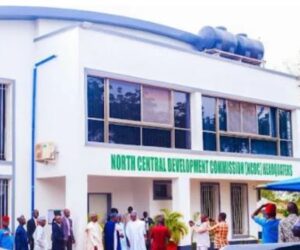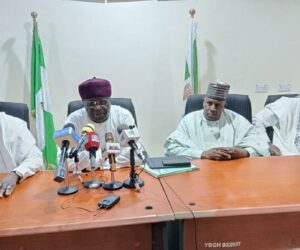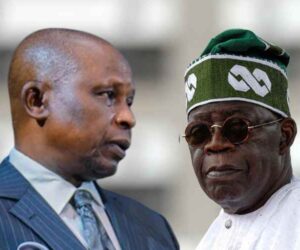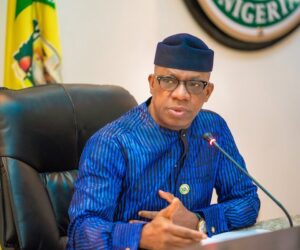1
The School of Impactful Communication (TSIC) has faulted the President Donald Trump administration’s designation of Nigeria as a Country of Particular Concern (CPC) for alleged religious freedom violations.
The network of public relations professionals and academics rejected the U.S. insistence on systematic Christian persecution, arguing that the crisis is driven by terrorism, banditry, ethnic tensions, and resource competition that affect people of all faiths.
“The CPC designation is not just a diplomatic challenge, it is a narrative war,” said Ishola Ayodele, TSIC convener and crisis communication expert, in a communiqué titled “Navigating the U.S. CPC Designation: A Strategic Roadmap for Diplomatic Re-engagement, Narrative Reframing, and Domestic Accountability.”
Comparing the classification to psychological operations (Psyop), the group said it fuels disinformation and external interference, citing instances of AI-generated content, misleading maps, and fabricated incidents of religious violence, which could deepen divisions.
TSIC’s action plan outlines measures to safeguard Nigeria’s sovereignty and reshape global perception. It calls for an interfaith task force co-chaired by the Sultan of Sokoto Sa’ad Abubakar and Bishop Matthew Hassan Kukah to oversee transparent probes of violence and produce data-driven figures of victims.
The organization also recommends an immediate diplomatic outreach to Washington, Brussels, and other capitals through delegations of seasoned diplomats and interfaith leaders armed with verified evidence challenging “the myth of systematic religious persecution.”
The plan proposes affirming Nigeria’s reality as “a unified fight against terror, not faiths.” It includes social campaigns on interfaith cooperation, op-eds by thought leaders, a media unit using AI-driven analysis to counter misinformation, and a government “Unity Report” comprising verified data on security threats and interfaith relations.
The comprehensive roadmap seen by PRNigeria represents one of the most detailed civil society responses yet, offering Abuja a potential blueprint to reframe the international viewpoint of Africa’s most populous country.
It comes as President Bola Tinubu faces criticism for leaving key ambassadorial posts vacant, including Nigeria’s mission in Washington, since September 2023. Opposition figures have linked the diplomatic vacuum to Nigeria’s weakened ability to counter damaging narratives abroad.
Meanwhile, the Arewa Consultative Forum has advocated an external assistance that broadly strengthens the nation’s military, not favoring one religious community, while the pan-Yoruba group Afenifere maintains that no foreign power has the right to conduct a unilateral military action in Nigeria.







